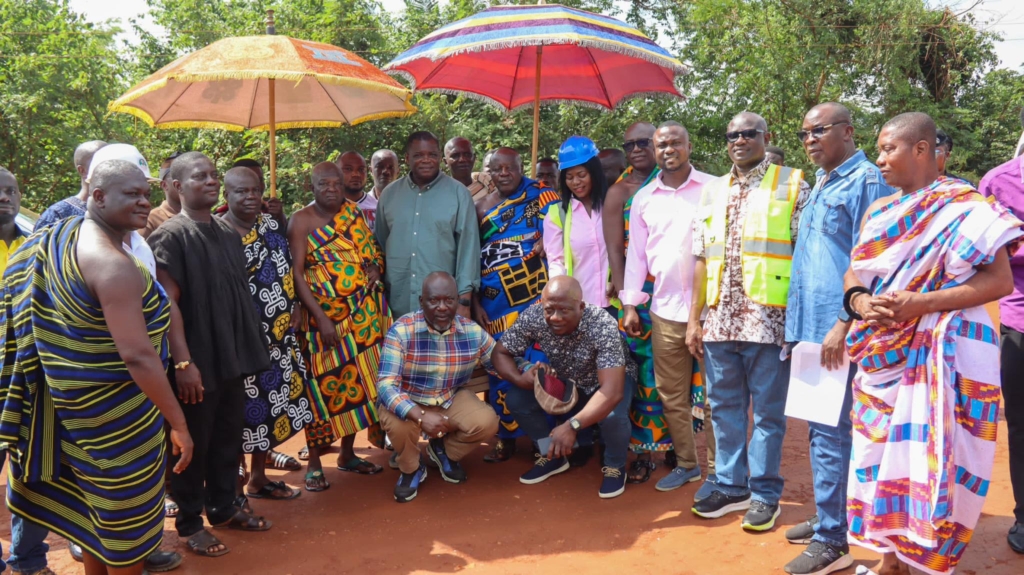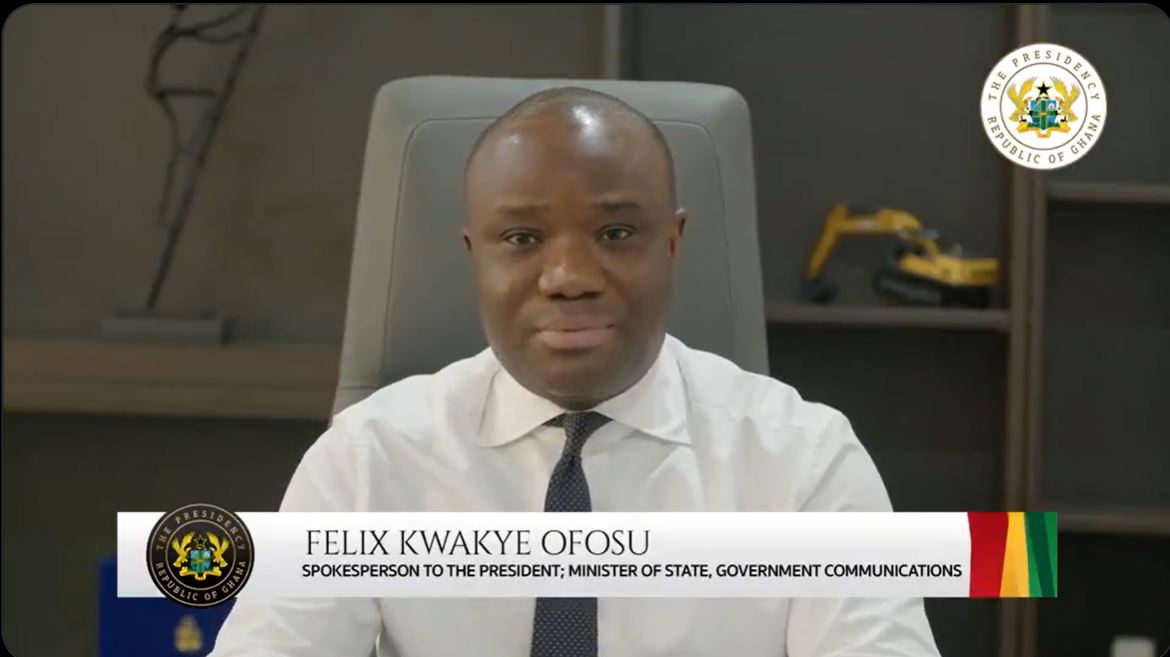ARTICLE AD
The Kofi Annan International Peacekeeping Training Centre (KAIPTC) has launched its 20th anniversary celebration with commitment to strengthen peace in the upcoming elections.
KAIPTC was established by Ministry of Defense in 1998 and officially launched in 2004, the centre has become a pillar of peace training and research, dedicated to preparing military, police, and civilians for the demands of modern peacekeeping.
The Chief of Defence Staff, Lieutenant General Thomas Oppong-Peprah, in a speech read on his behalf stressed the importance of peace and security in the nation’s upcoming general election.
He expressed optimism that the upcoming December elections would continue the country’s tradition of democratic stability.
“Ghana boasts a strong record of conducting free and fair elections, which has earned us respect at home and abroad, this year’s elections will further solidify Ghana’s standing as a beacon of democracy,” he emphasised.
Lt. Gen. Oppong-Peprah commended KAIPTC for its two decades of contributions to peace and security across Africa, saying that, “You have trained thousands of military, police, and civilian personnel, becoming a key player in preparing peacekeepers to address complex security challenges.”
He noted that the theme for the anniversary celebration, ‘Reflecting on the Journey and its Contribution to Peace and Security Efforts in Africa,’ speaks to the institution’s significant role in fostering stability across the continent.
“KAIPTC has developed specialised training programmes tailored to the unique demands of peacekeeping missions, which have been pivotal in supporting both regional and global security initiatives,” he noted.
“The centre has provided governments and institutions with essential insights into the security issues facing Africa,” Oppong-Peprah said.
According to him, the centre’s focus on research and training has positioned it as a trusted resource in the field of peace and security.
This, he said, has helped drive a deeper understanding of stability challenges in regions such as the Sahel.
Highlighting some of these challenges, Oppong-Peprah addressed the instability that continues to affect parts of Africa, particularly in the Sahel, where countries like Mali and Burkina Faso struggle with weak governance, poverty, and ethnic tensions.
These conditions had led to the rise of extremist groups and had worsened security in the area.
He warned that such instability had triggered a humanitarian crisis, displacing millions and creating severe social and economic disruption.
The Commandant of KAIPTC, Major General Richard Addo-Gyane, traced KAIPTC’s origins back to 20 years ago, when Ghana’s military command saw the need to institutionalise peacekeeping training based on experiences and lessons learned.
This vision led to the establishment of KAIPTC, which now offers training programmes and academic courses to help peacekeepers respond to the complex challenges of today’s peace operations.
He further noted that since its inception, KAIPTC had trained over 25,000 participants from military, police, and civilian backgrounds, adding that KAIPTC was one of three peacekeeping training centres mandated by ECOWAS to provide peace support operations training.
“The centre offers courses in peace support operations, conflict management, and security studies, and has expanded these into Master’s and Ph.D. programmes and these advanced programmes are designed to equip students with skills in leadership and strategy to promote peace and stability,” he stressed.
Moreover he mentioned that KAIPTC had elevated its Women, Peace, and Security Institute into a full department, known as the “Women, Youth, Peace, and Security Department.”
Reflecting on KAIPTC’s growth, Major General Addo-Gyane noted that the centre’s Faculty of Academic Affairs recently split into the Applied Research Department and the newly named Kojo Botsio School of Peace and Security Studies.
BY AGNES OPOKU SARPONG

 5 months ago
48
5 months ago
48 

